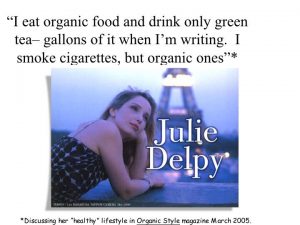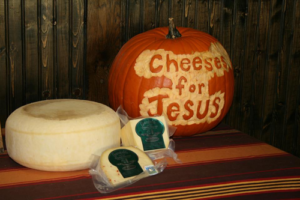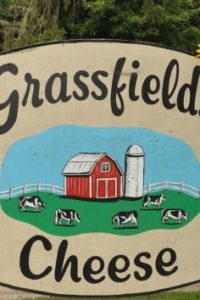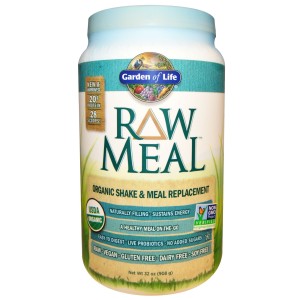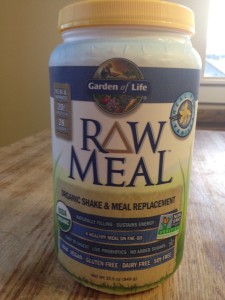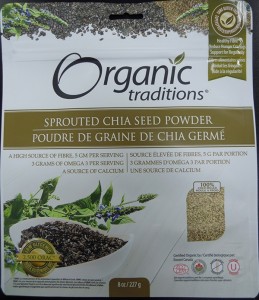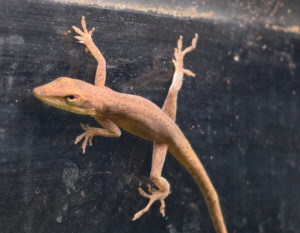With the increased popularity of organic food production, new information about the risks attached to food products has become available. Consumers need to make sense of this information, interpret the information in terms of risks and benefits, and consequently choose whether to buy these products or not.
 In this study, we examined how social media mediated interaction with another person impacts risk perception and sense-making regarding eating organic food. Specifically, we investigated how risk perception and sense-making are influenced by the specific message frame, the identity of the conversation partner, the perceived similarity and expertise of this partner, and the initial attitude of individuals.
In this study, we examined how social media mediated interaction with another person impacts risk perception and sense-making regarding eating organic food. Specifically, we investigated how risk perception and sense-making are influenced by the specific message frame, the identity of the conversation partner, the perceived similarity and expertise of this partner, and the initial attitude of individuals.
An online interaction experiment, including a simulated chat in which we manipulated the message frame (gains vs losses vs uncertainty) and the conversation partner (expert vs peer vs anonymous) was conducted using a representative sample of Dutch internet users (n=310). Results showed that chatting with partners who were perceived to be expert was associated with lower levels of risk perception, while chatting with partners who were perceived to be similar was associated with higher levels of information need, intention to take notice, and search for and share information. Results also showed that initial attitude had a strong effect.
The more positive consumers were about eating organic food, the lower their risk perception and the higher their need for information, intention to take notice of, search for and share information following the chat. Implications for authorities communicating on food (risks) are discussed.
Social media mediated interaction with peers, experts, and anonymous authors: Conservation partner and message framing effects on risk perception and sense-making of organic food
Food Quality and Preference, DOI: http://dx.doi.org/10.1016/j.foodqual.2016.09.003
F Hilvera, M Kuttschreuter, E Giebels
http://www.sciencedirect.com/science/article/pii/S0950329316301768

